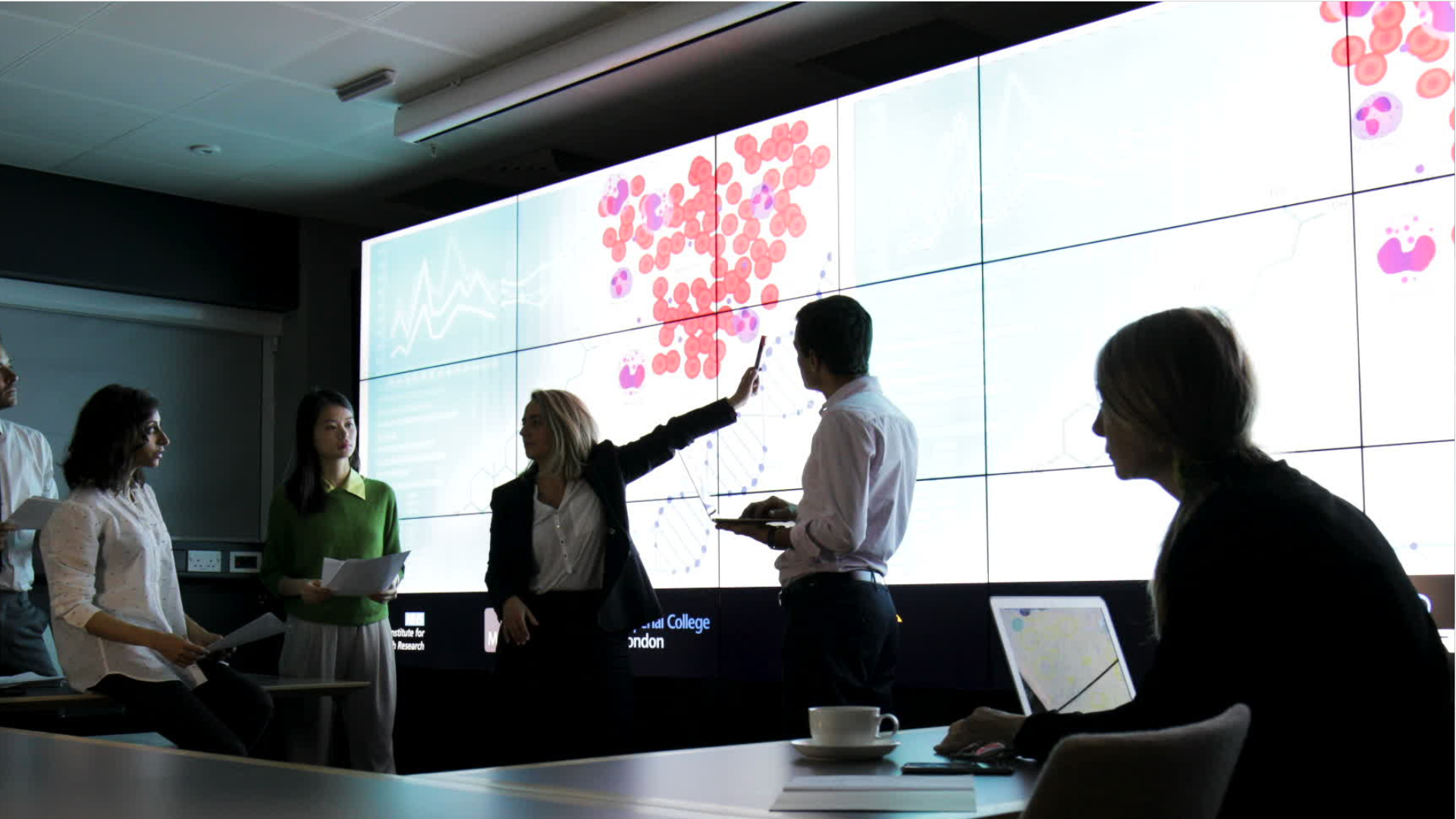Statisticians
Database Analyst, Mathematical Statistician, Statistical Analyst, Statistician
 Select a military branch to see samples.
Select a military branch to see samples.
Chemist/Nuclear Chemist; Chemist/Nuclear Chemist, Bomber; Chemist/Nuclear Chemist, Fighter; Chemist/Nuclear Chemist, Nuclear; Chemist/Nuclear Chemist, Special Operations; Chemist/Nuclear Chemist, Trainer; Operations Analysis Officer, Airlift; Operations Analysis Officer, C2ISREW; Operations Analysis Officer, Helicopter or EWO; Operations Analysis Officer, Special Operations
Cyber Capabilities Developer Technician; Operations Research/Systems Analysis; Research and Engineering; Test and Evaluation; Trained Operations Research/System Analysis (ORSA); Untrained Operations Research/System Analysis (ORSA)
Operations Research and Data Analytics
AIRSpeed Officer; Aviation Data Analyst; Defense Systems Analyst; Modeling and Simulation Officer; Operations Analyst; Operations Research Specialist
Aviation Maintenance Management Engineer; CWO - Oceanography Warrant Officer; Maintenance and Material Management Data Analyst; Management Analysis and Control Officer; Mathematics Research Officer; Ocean Systems Watch Officer; Operations Analyst; RL - Special Duty Officer (Oceanography); Statistical Data Analyst
No similar titles were found.
What they do:
Develop or apply mathematical or statistical theory and methods to collect, organize, interpret, and summarize numerical data to provide usable information. May specialize in fields such as biostatistics, agricultural statistics, business statistics, or economic statistics. Includes mathematical and survey statisticians.
On the job, you would:
- Analyze and interpret statistical data to identify significant differences in relationships among sources of information.
- Evaluate the statistical methods and procedures used to obtain data to ensure validity, applicability, efficiency, and accuracy.
- Report results of statistical analyses, including information in the form of graphs, charts, and tables.
Knowledge
Math and Science
- arithmetic, algebra, geometry, calculus, or statistics
Engineering and Technology
- computers and electronics
Arts and Humanities
- English language
Skills
Basic Skills
- using math to solve problems
- reading work related information
Problem Solving
- noticing a problem and figuring out the best way to solve it
People and Technology Systems
- thinking about the pros and cons of different options and picking the best one
- figuring out how a system should work and how changes in the future will affect it
Abilities
Math
- choose the right type of math to solve a problem
- add, subtract, multiply, or divide
Verbal
- read and understand what is written
- communicate by speaking
Ideas and Logic
- make general rules or come up with answers from lots of detailed information
- use rules to solve problems
Personality
People interested in this work like activities that include ideas, thinking, and figuring things out.
They do well at jobs that need:
- Achievement Orientation
- Intellectual Curiosity
- Cautiousness
- Integrity
- Attention to Detail
- Dependability
Technology
You might use software like this on the job:
Analytical or scientific software
- IBM SPSS Statistics
- The MathWorks MATLAB
Presentation software
- Microsoft PowerPoint
Object or component oriented development software
- C++
- R
Education
Education: (rated 5 of 5)
master's degree or
bachelor's degree
usually needed
bachelor's degree
usually needed
Job Outlook
Bright
New job opportunities are very likely in the future.
Explore More
You might like a career in one of these industries:
See more details at O*NET OnLine about Statisticians.






